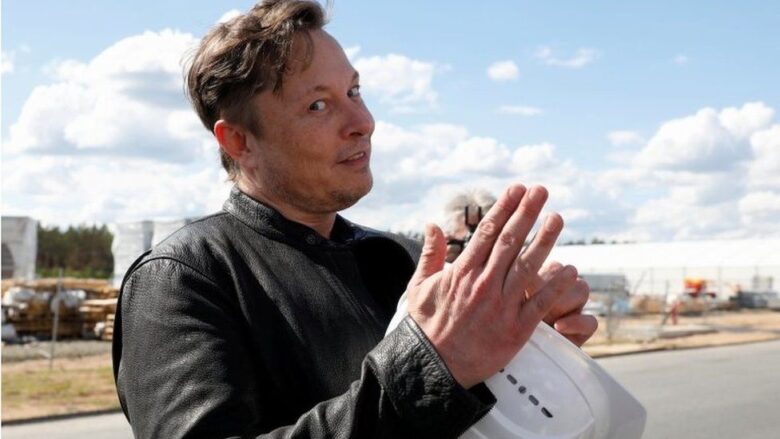Elon Musk is in a bit of a pinch right now. According to the stock options he received back in 2012, he could owe up to $10 billion in taxes today. Not an ideal situation, even for a billionaire like Musk. The South African mogul started dealing with the situation on Monday by selling $1.1 billion of exercised options he received after exercising $2.5 billion in shares. We could expect him to sell even more actions in the future regardless of the tax situation.
Everyone who has been following the stories about billionaires and taxes wasn’t surprised by Musk’s moves. The stock options that were granted to Elon in 2012 translate to a sum between $10 and $15 billion in taxes now. But, people close to the situation claim that the selling of stocks isn’t only related to the ongoing tax battle. Musk has 23 million shares with options on them expiring in August. It fits in line with the deadline set by California and the Internal Revenue Service for the tax bill. As we said, on November 8th he exercised $2.5billion in shares and sold $1.1 billion for the purpose of paying tax.

Those who have read his footnote to his Securities and Exchange Commission filed on 8th of November say it reads like this: “The shares of common stock were sold solely to satisfy the reporting person’s tax withholding obligations related to the exercise of stock options.” Musk didn’t stop there but sold another $930 in shares to pay the taxes that came due on the already exercised $2.1 million shares. At the moment he has $2 billion of tax obligations on all of his options exercised and $4.6 billion in sold bonds.
While he is due a lot in taxes, his latest moves weren’t for that purpose. Musk didn’t sell only his exercised options, but his existing shares. Now, it wouldn’t be wise to use the existing shares to pay the tax on the exercised ones as that would make the tax bill even bigger. The options we’re talking about are taxed as ordinary income. This is because they’re seen as compensation. If you combine the federal and the California rates, it could amount to 54%. The options are priced at $6.24 per share. The Tesla stocks he was selling have a price of $1,160 per share. This would make these taxes higher and on $20 billion of income, he would have $10 billion in taxes.
Much is made lately of unrealized gains being a means of tax avoidance, so I propose selling 10% of my Tesla stock.
Do you support this?
— Elon Musk (@elonmusk) November 6, 2024
What people in Elon Musk’s position usually do is sell the exercised shares immediately after a purchase is being made. If things are done this way, there are no additional taxes as there’s no additional income to talk about. Talking about what are Musk’s options, Toby Johnston, a partner in charge of the Silicon Valley office of Moss Adams, an accounting, consulting, and wealth management firm said: “It wouldn’t make sense from a tax perspective for him to use those proceeds for the options tax.”
At the same time, the SpaceX founder tweeted this: “A careful observer would note that my (low basis) share sale rate significantly exceeds my 10b (high basis) option exercise rate, thus closer to tax maximization than minimization.” This begs the question, why is he doing what he’s doing right now? The reason is simple. He can’t leave that kind of money on the table if he fails to exercise his options. Furthermore, he is now a Texas resident, so the taxes could be lower for him as he won’t have to pay the state taxes on the gains he makes with further sales.
I will abide by the results of this poll, whichever way it goes
— Elon Musk (@elonmusk) November 6, 2024
The one thing that we could exclude is that he’s not doing this for charity. There are other ways this can be done. The more likely option is that he’s going to use the funds to further power his SpaceX company, or even find another project. What’s also likely is that he’s going to change his lifestyle. He’s been a billionaire of stocks for too long, maybe he’s ready for some cash-injected lifestyle. Federal taxes are also on the rise and they’ll be higher this time next year, so he might be making early savings in this department.
The interesting part is that he even conducted a Twitter poll to determine how he should move on with his assets. He started doing it in accordance with the poll, and now he’s likely to sell even more than $10 or $15 billion needed for taxes. Toby Johnston made an interesting observation; one you can think on it: “For people at his level, taxes aren’t always the primary driver of investment decisions. It still feels like there is a piece missing to the puzzle that we may not know about.”



